Lifestyle Center

Microbiota Unit
We thoroughly study your microbiota to restore its balance and avoid digestive, skin, gynecological, neurological, urological and even emotional problems.
Our primary goal is to know the current state of the microbiota of each of our patients in order to restore its balance.
We offer a fully comprehensive study of your microbiota, and are able to link certain disorders to digestive, skin, gynaecological, neurological, urological and even emotional problems. We work with a medical and nutritional team capable of detecting your intestinal microbiome disorders and restoring them with pre- and probiotic treatments, supplementation and nutritional support.
Innovation technology
We use the latest technology available to perform a complete study of the microbiota, both with stool samples and blood tests
- Using PCR techniques
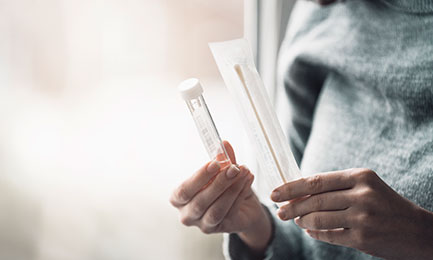
Using PCR techniques
We identify the groups and subgroups of microorganisms that make up your microbiota.
- Using cultures
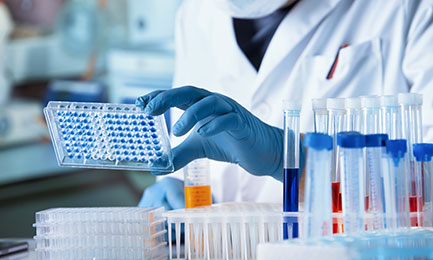
Using cultures
We are able to differentiate the different functions performed by specific populations of your microbiota.
- Enzyme-immunoassay techniques
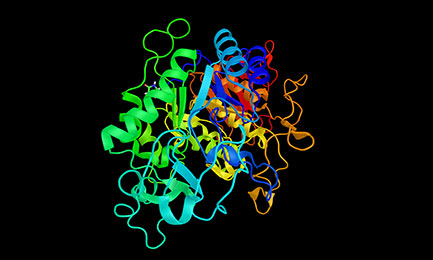
Enzyme-immunoassay techniques
Allow us to detect inflammation and permeability markers and therefore assess how a possible dysbiosis is affecting your general health in different ways.
Featured treatments
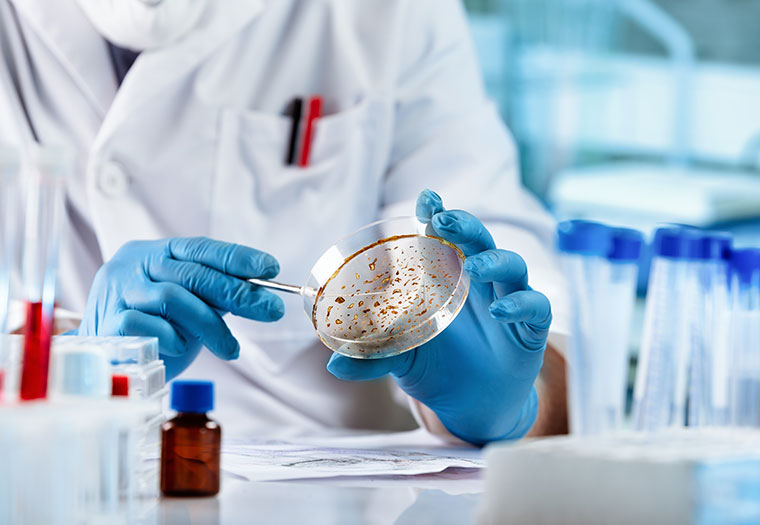
Functional Group-Based Analysis of Microbiota Composition
We identify which groups of microorganisms (bacteria, fungi and yeasts, archaea and parasites) populate your microbiota and what specific functions each one performs. That is how we can differentiate between various types of microbiota, such as neuroactive, protective, or immunomodulatory…
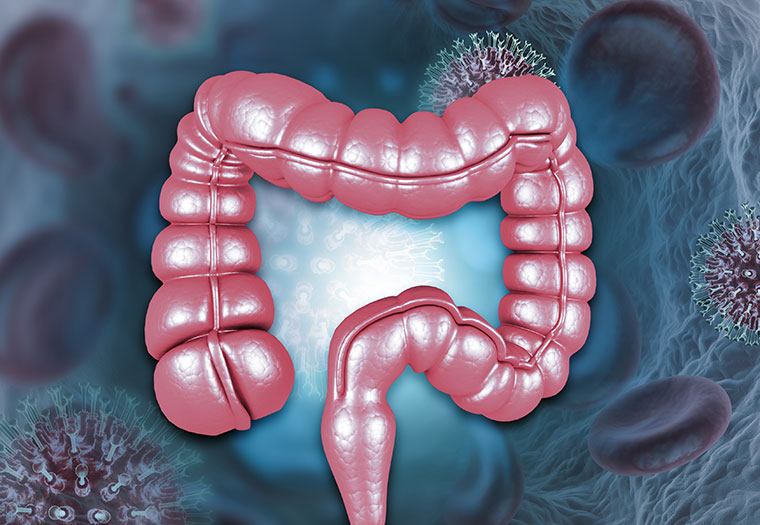
Diagnosis of microbiota disorder or dysbiosis
Intestinal dysbiosis is a question of balance. A deficit of certain groups of microorganisms leads to an increase in other populations, changing the balance and proper functioning of your microbiota.
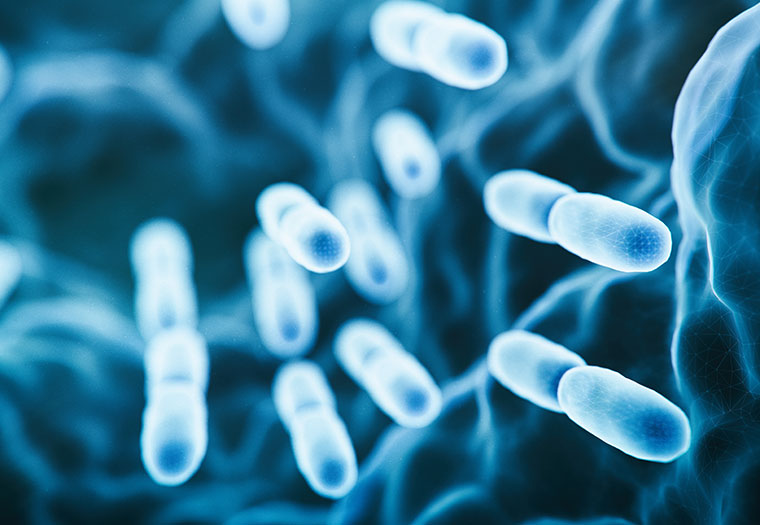
Prebiotic, probiotic and nutraceutical treatments
We try to restore the health of your microbiota in a personalised way, through the use of probiotics (beneficial microorganisms), prebiotics (food for that healthy microbiota) and nutraceuticals (vitamin and mineral supplementation).
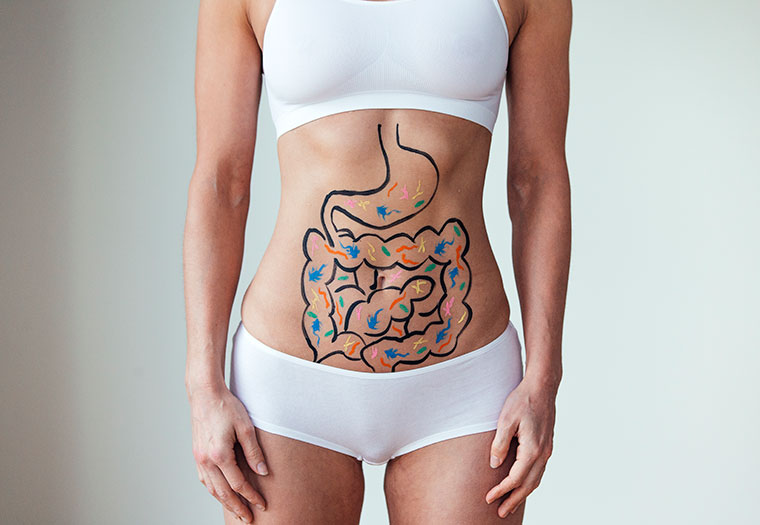
Nutritional advice to restore and maintain the balance of your microbiota
Through a healthy diet and lifestyle habits that are tailored to the circumstances of each of our patients, we will manage to rebalance your intestinal microbiota, and also keep it stable and healthy over time.
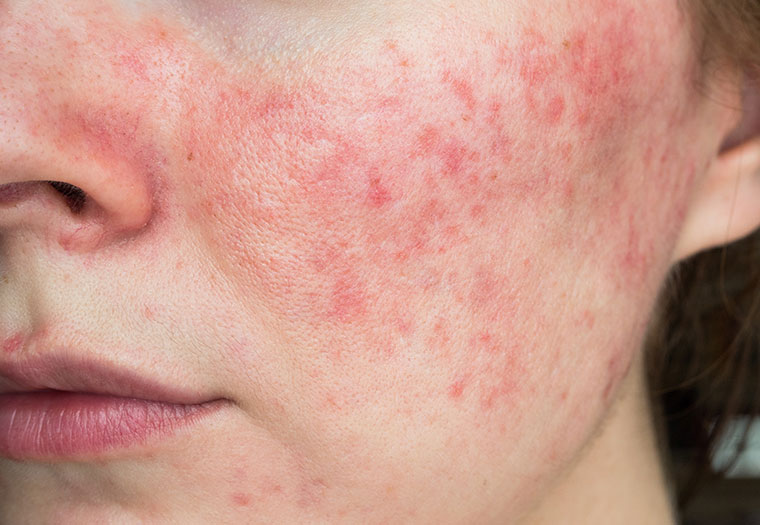
Detect and treat problems derived from dysbiosis at a digestive, skin, gynaecological, cardiovascular, neurological or emotional level
Microbiota perform such different and fundamental functions inside and outside the intestine that the growth of certain bacterial groups over others may contribute to migraines, rosacea or fertility problems.
Identifying the type of microbial disorder and treating it can be a key step in controlling many other pathologies.

Link digestive intolerances to microbiota imbalances
Many of the enzymes that digest compounds in our food are our own microbiota enzymes, and many others are stimulated by it. Dysbiosis can alter these enzymes, triggering poor digestion and giving rise to new food intolerances


